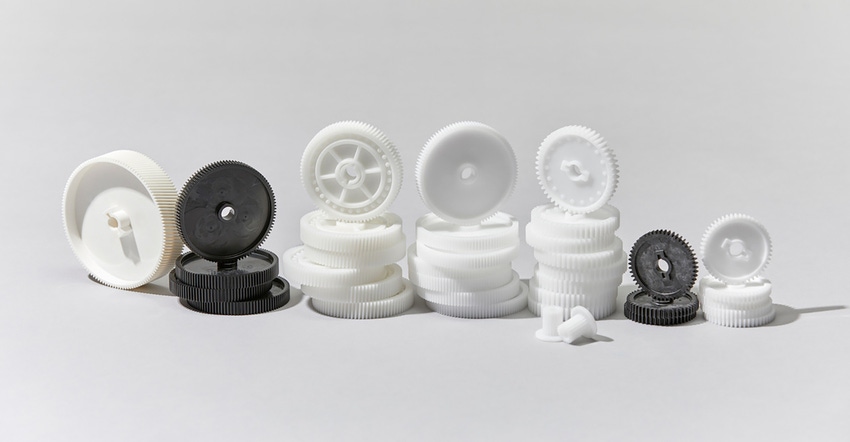Asahi Kasei Gears up Sustainable Polyacetal Program
Asahi Kasei plans to use bio-methanol procured in the United States to sustainably produce engineering plastics in Japan.
June 15, 2023

Asahi Kasei and trading house Mitsui & Co. have reached a deal whereby the engineering plastics producer will procure bio-methanol from the United States and use it to produce polyacetal resin in Japan with a lower carbon footprint than the current product lineup. The intent is to produce the polyacetal under the mass balance approach, which allocates the production volume of sustainable products according to the percentage of input biomass raw materials.
Since chemically recycled or bio-based feedstocks are typically blended in the polymerization process, physical segregation of recycled content is often practically and economically infeasible. The mass balance approach makes it possible to track the amount and sustainability characteristics of bio-based material in the value chain and establish attribution based on verifiable bookkeeping. This approach — ISCC Plus — was developed by the International Sustainability and Carbon Certification organization.
Mitsui procures renewable natural gas (RNG) generated from municipal waste landfills in the form of biogas and uses it in the mass-balance approach to produce bio-methanol at Fairway Methanol in Clearlake, TX, which is a 50:50 joint venture with Celanese, also a producer of polyacetal. Fairway Methanol uses by-product CO2 generated by plants in the surrounding region in the production of the bio-methanol. Total production capacity at the site is over 1.6 million tonnes/year.
Polyacetal, also known as polyoxymethylene (POM), comes in two forms — a homopolymer that is polymerized solely from monomeric formaldehyde and a copolymer that is polymerized from trioxane and contains oxyethylene units. Asahi Kasei is the only company in the world to produce both homopolymer POM (Tenac) and copolymer POM (Tenac-C) through its proprietary technologies, according to the "2023 Engineering Plastic Market Outlook and Global Strategy" report published by Japanese market research firm Fuji Keizai. The crystalline material’s lubricity, durability, and fatigue resistance make it a popular choice for gears in automotive and office equipment applications.
About the Author(s)
You May Also Like




